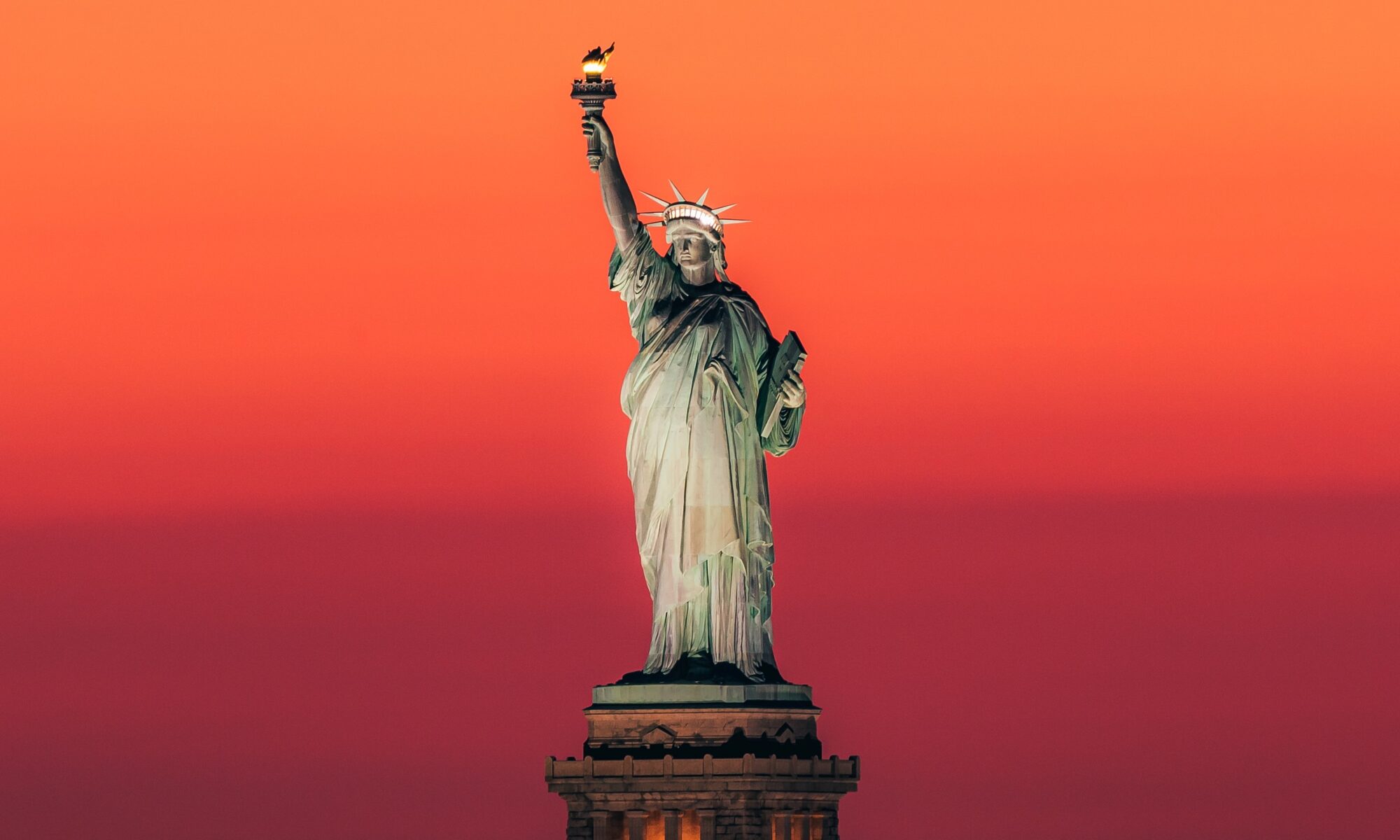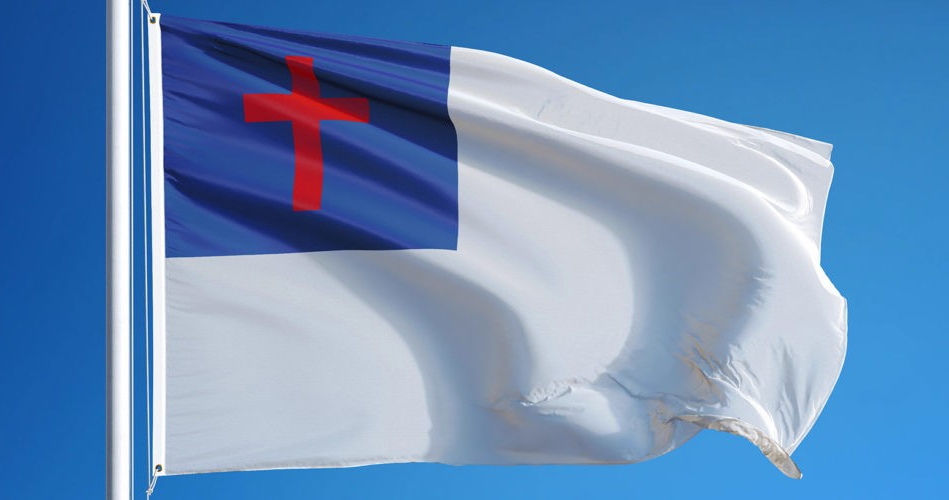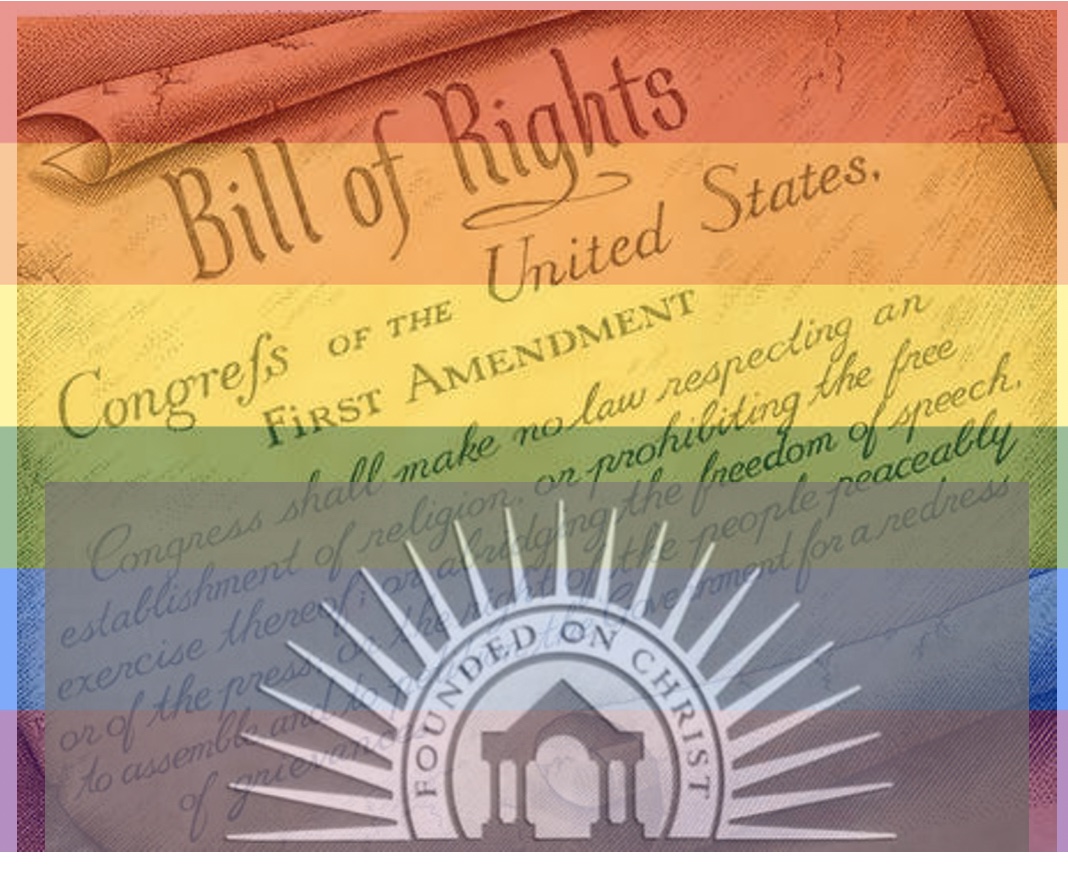Morality is not external conformity. Let’s keep this in mind when thinking about recent protests in Iran against the “morality police.” Those protests broke out in response to the death of Mahsa Amini, a woman who died after being detained by the morality police for wearing her hijab (a head covering) too loosely.
For Americans of the present generation, the notion of the morality police is hard to fathom. How strange that anyone cares whether women cover their hair.
Of course, societies have often attempted to control women’s lives, bodies, and sexuality. A hundred years ago in the United States, swimsuit police tried to prevent women from showing too much skin at the beach.
We’ve come a long way. Thanks to the secular principles found in the First Amendment, we are free to wear what we want. There is no morality police here because we view fashion as a form of free expression.
There are limits, of course. Schoolchildren are not free to wear pornographic or offensive T-shirts. Nudity is prohibited. And in a recent case out of Everett, Washington, the courts upheld a law prohibiting baristas at the Bikini Hut coffee shop from dressing like strippers. The Ninth Circuit Court drew a line at “pasties and a G-string” with your coffee.
But beyond those limits, our secular system holds that fashion, sex, and sexuality are private matters, not subject to policing. This is the result of a long struggle against a more restrictive worldview. And some Americans might prefer a return to modesty and conformity. Until recently, school districts prohibited girls from wearing tight leggings or yoga pants — including here in Clovis, which only changed its policy this year.
So, let’s not take the struggle for liberty and privacy for granted. It’s only been about 20 years since the U.S. Supreme Court overturned laws against sodomy, in Lawrence v. Texas. It’s only been seven years since Obergefell v. Hodges gave same sex couples the right to marry. And challenges remain. The court has called the idea of a “right to privacy” into question with the Dobbs decision that overturned Roe v. Wade earlier this year.
Behind these legal issues is a basic argument about the importance of liberty. This is related to a claim about the futility and absurdity of trying to police fashion, sex, and modesty.
Americans pledge allegiance to the idea of a country founded on the idea of liberty and justice for all. Liberty means that you can wear a hijab or a bikini. The choice is up to you.
And if I don’t like your choice, I can choose not to look. We forget this important point with regard to modesty. Rather than worrying about women flaunting their bodies, why don’t we insist that men stop ogling them?
There is no doubt that state power can dominate people. But police power does not actually create modesty or virtue. It is futile to use police power to enforce external conformity to norms of fashion, virtue, and modesty.
Clothing and hairstyles have nothing to do with the content of your character. It’s what’s inside your head and your heart that counts, not what you wear on the outside. That’s why the idea of fashion police is absurd. It is a meaningless exercise in enforcing conformity that is only skin deep.
Morality is simply not the kind of thing that results from the application of external force. The way to make people moral is to educate them, not to beat them into compliance. External force is useful for animals. We fence them in and leash them. But that’s not how you treat human beings.
Arresting people for what they wear (or don’t wear) also breeds discontent and further nonconformity. Women protested against the swimsuit police in the United States a hundred years ago. They are pushing the limit in the case of bikini baristas. And in Iran, women are burning their hijabs.
To force human beings to conform to some standard of modesty is degrading and ineffective. Secular systems of law respect our freedom to decide for ourselves about what we believe about modesty and how we adorn our bodies. This approach is respectful of our humanity, our rationality and our liberty.
Read more at: https://www.fresnobee.com/opinion/readers-opinion/article266575386.html#storylink=cpy







